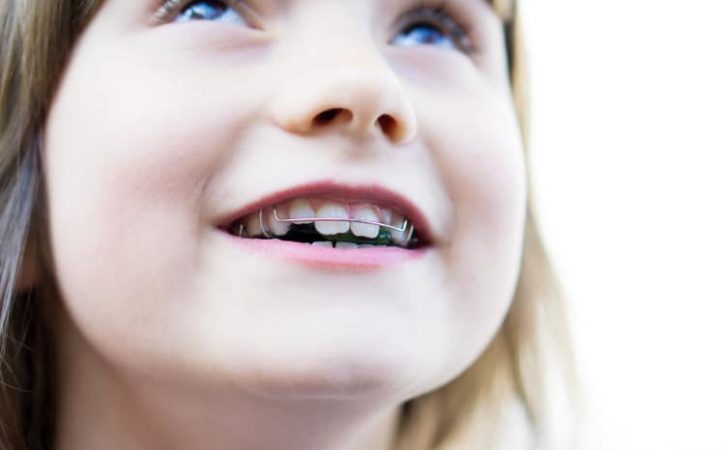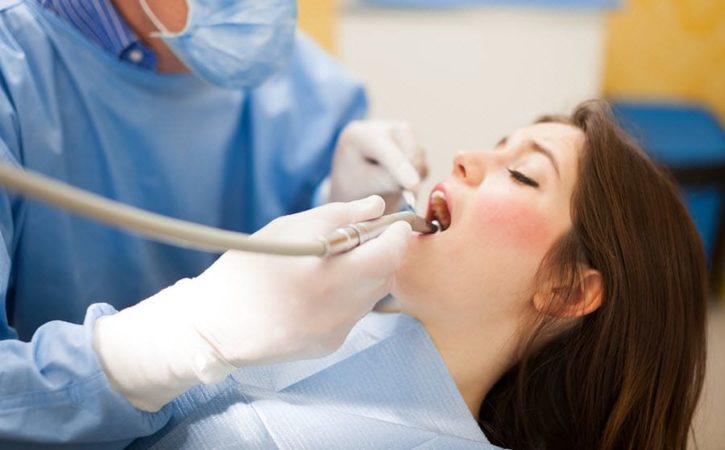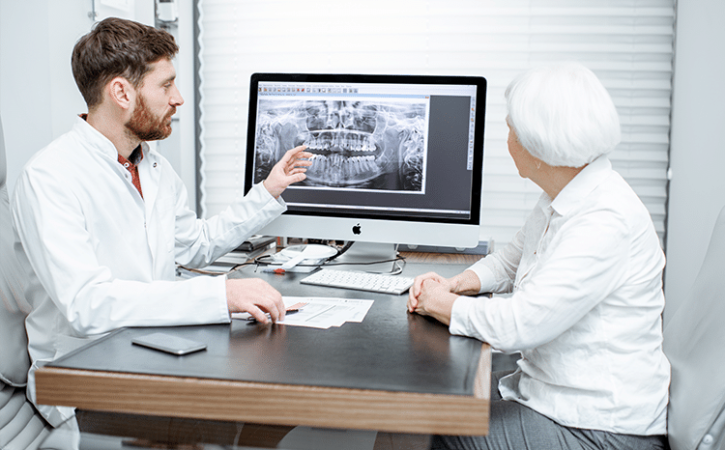New patients joining our Denplan Essentials cover plan will receive a half price registration appointment (£45 instead of £90)*. This appointment includes a full clinical examination and radiographs as necessary.
They will also get an added benefit of the 5% discount on treatment fees straight away.
*If Denplan is cancelled within 3 months, the difference between coverage (private fees/Denplan) will need to be paid.










